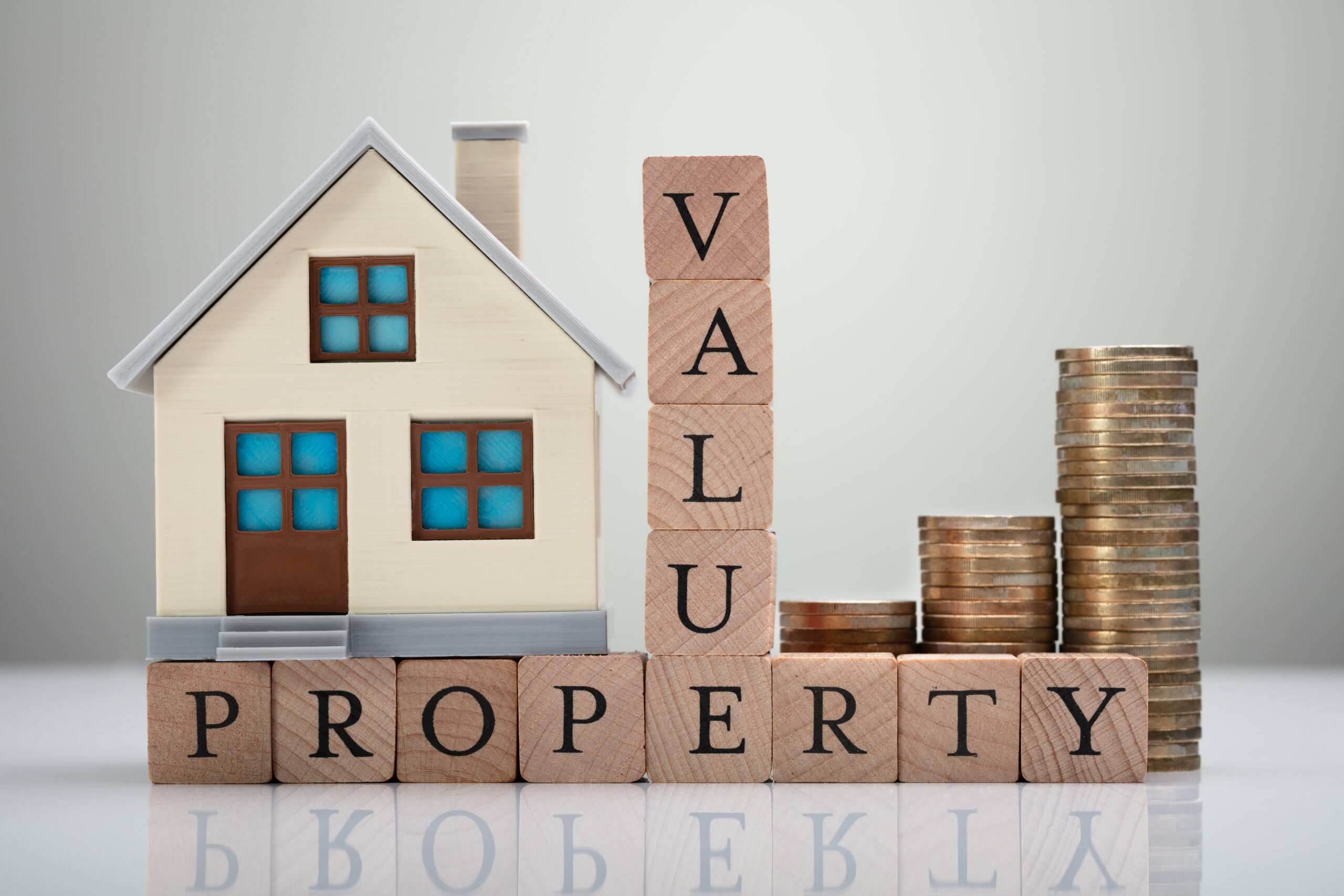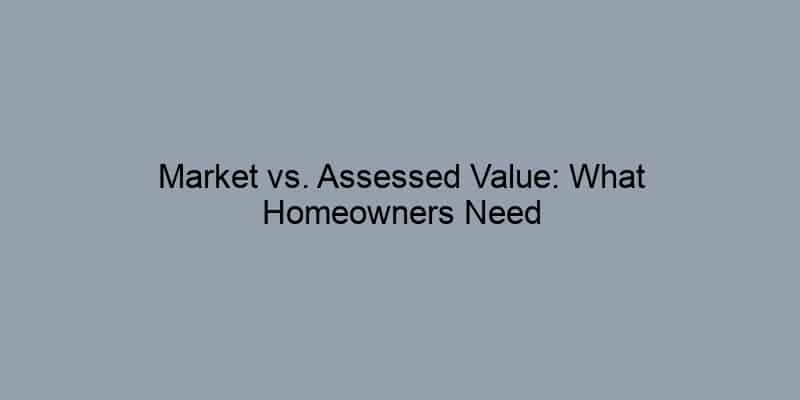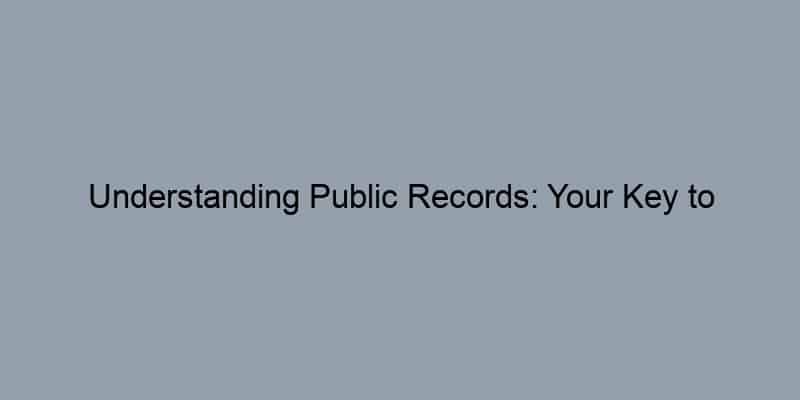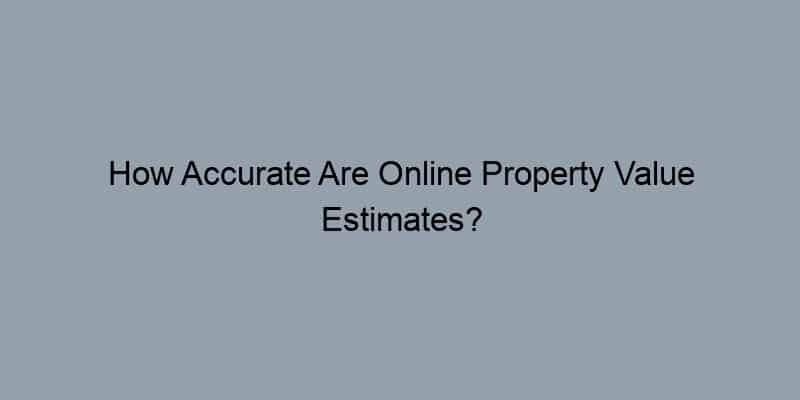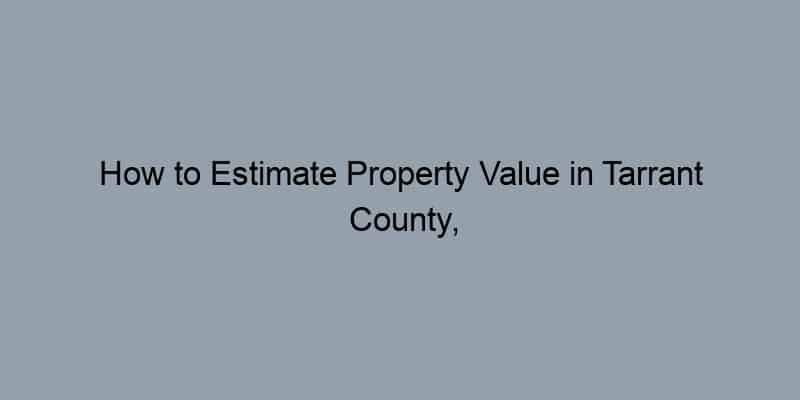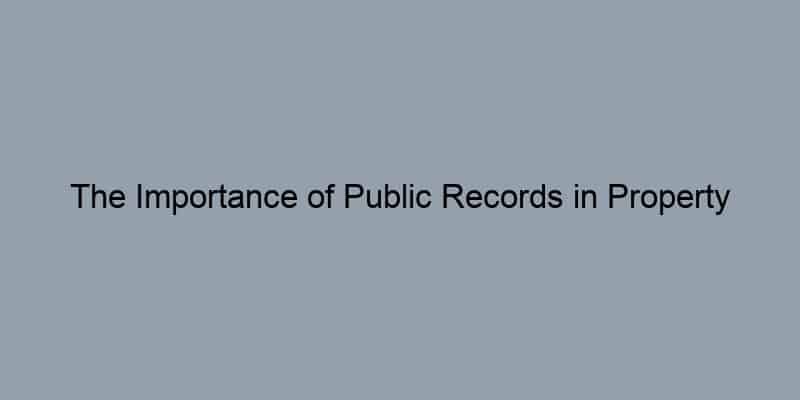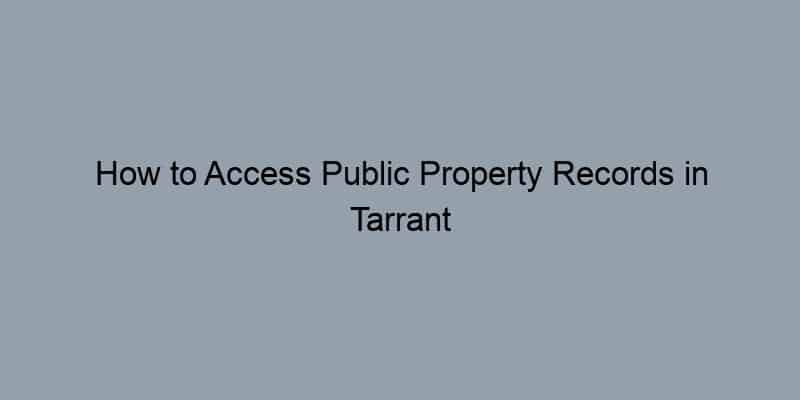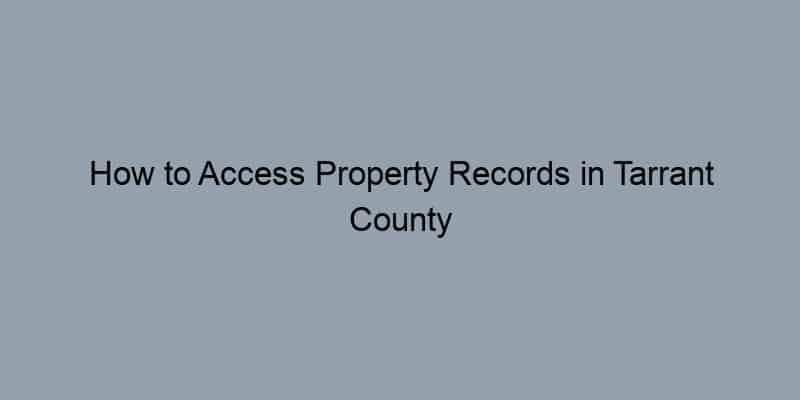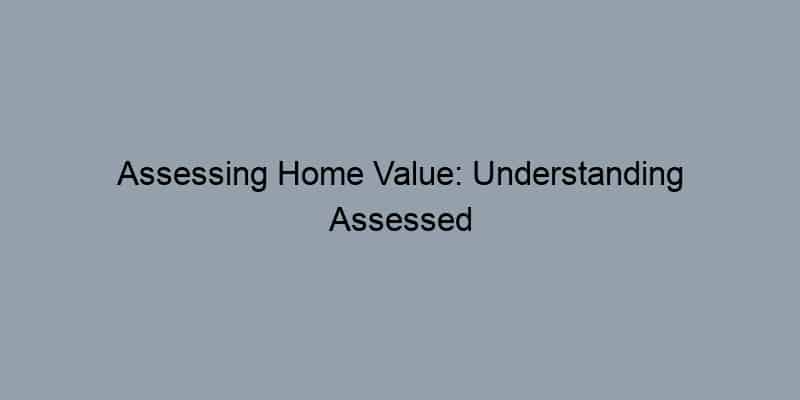Understanding your home’s value is essential whether you’re planning to sell, refinance, or simply want to monitor your investment. While hiring a professional appraiser offers the most accurate results, homeowners can also learn how to estimate their home’s value using proven techniques and reliable data.
In this guide, we’ll explore how to estimate your home’s value like a pro using multiple methods and modern tools—all while avoiding common mistakes.
Why Knowing Your Home’s Value Matters
Before we dive into the techniques, let’s clarify why estimating your home’s value is important:
- Selling Your Home: Pricing your home correctly increases your chances of selling faster and for top dollar.
- Refinancing a Mortgage: Lenders need to know your home’s value to determine your borrowing power.
- Home Equity Assessment: Whether you’re taking out a home equity loan or line of credit, the value of your home plays a key role.
- Property Tax Appeals: If you believe your home’s assessed value is too high, having an accurate estimate can support your appeal.
1. Research Comparable Sales (Comps)
Start With Recent Sales In Your Area
One of the most widely used methods in real estate valuation is examining comparable sales, often referred to as “comps.” These are recently sold homes in your area that are similar in size, condition, features, and location.
- Look at homes sold within the past 3 to 6 months.
- Choose properties within a 1-mile radius.
- Adjust for differences like square footage, number of bathrooms, or updated kitchens.
Pro Tip: Use platforms like Zillow, Realtor.com, or Redfin to view recent sales data. County property records also offer verified transaction histories.
2. Use Online Home Value Estimators
Instant Estimates from Major Platforms
Several reputable platforms offer automated valuation models (AVMs) that analyze large data sets to provide home value estimates instantly.
Popular tools include:
- Zillow Zestimate
- Redfin Estimate
- Chase Home Value Estimator
- Realtor.com My Home
While these tools are useful, they can vary in accuracy. Always compare at least two or three AVMs to get a balanced estimate.
Keyword Tip: Include terms like home value estimator, Zillow home value, and online property valuation tool for SEO relevance.
3. Evaluate Price Per Square Foot
A Quick, Math-Based Estimate
Another method for estimating your home’s value is calculating the price per square foot. Here’s how:
- Find 3–5 recent sales of similar homes.
- Divide each sale price by the home’s square footage.
- Calculate the average price per square foot.
- Multiply this average by your home’s square footage.
For example:
- Comparable homes average $200/sq ft.
- Your home is 1,800 sq ft.
- Estimated value: $200 × 1,800 = $360,000
This method doesn’t account for interior upgrades or lot size, so use it as a ballpark figure rather than a definitive answer.
4. Assess Market Trends And Local Conditions
The Market Impacts Value
Even with solid comps and tools, it’s vital to consider the local real estate market and economic factors:
- Is it a buyer’s or seller’s market?
- Are mortgage rates rising or falling?
- Are homes sitting longer on the market?
You can explore trends using:
- National Association of Realtors (NAR) reports
- Zillow Research or Redfin Data Center
- Local MLS reports from your real estate agent
5. Conduct A DIY Home Inspection
Evaluate Your Property’s Condition Objectively
A home in excellent condition will naturally command a higher price than one that needs repairs. Inspect your home as a professional would:
- Check roof condition, HVAC systems, plumbing, and electrical.
- Note kitchen and bathroom upgrades or outdated features.
- Look at landscaping, curb appeal, and recent renovations.
Make a list of positive selling points and areas that may lower value, then compare with similar properties.
6. Get A Comparative Market Analysis (CMA)
Ask A Real Estate Agent
If you’re preparing to sell or refinance, ask a local real estate agent to provide a Comparative Market Analysis (CMA). This service is often free and includes:
- Recent sales (comps)
- Active listings and expired listings
- Market conditions
- Suggested listing price
While not an official appraisal, a CMA is highly accurate and tailored to your specific property.
7. Consider A Professional Appraisal
When you need a precise number—especially for legal, mortgage, or tax reasons—a licensed home appraiser is your best bet. Appraisers follow Uniform Standards of Professional Appraisal Practice (USPAP) and assess:
- Lot size and location
- Construction quality
- Interior layout
- Neighborhood trends
This service typically costs $300–$500 but is worth it if you need documentation for financial transactions.
Common Mistakes To Avoid
- Overestimating Upgrades: Not all renovations return dollar-for-dollar value.
- Ignoring the Market: A beautiful home may still struggle to sell in a declining market.
- Using Outdated Comparables: Old sales data can mislead your estimate.
- Relying on One Tool Only: Use multiple methods to triangulate a reliable figure.
Final Thoughts: Estimate With Confidence
Learning how to estimate your home’s value like a pro involves combining market knowledge, data analysis, and property condition assessment. Whether you’re preparing to list your property, refinance, or simply want to stay informed, these methods will help you develop a confident and realistic understanding of your home’s worth.
At Official Property Records, we are committed to providing accurate, up-to-date, and reliable property record information to individuals, real estate professionals, and businesses. Our platform offers seamless access to essential property details, including ownership history, legal records, and market trends, helping users make informed decisions. By leveraging advanced technology and trusted sources, we ensure transparency and efficiency in property data retrieval. Whether you’re a homeowner, buyer, investor, or industry professional, our goal is to simplify the process of obtaining verified property records, making research and decision-making easier and more accessible.
Discover Your Home’s True Value
Start by comparing comps in your area and use a trusted home value estimator to get a ballpark figure. Want expert insights? Reach out to a local real estate professional for a free CMA—or schedule a licensed appraisal for unmatched accuracy.
Don’t leave your biggest investment to guesswork—know your home’s value today.

